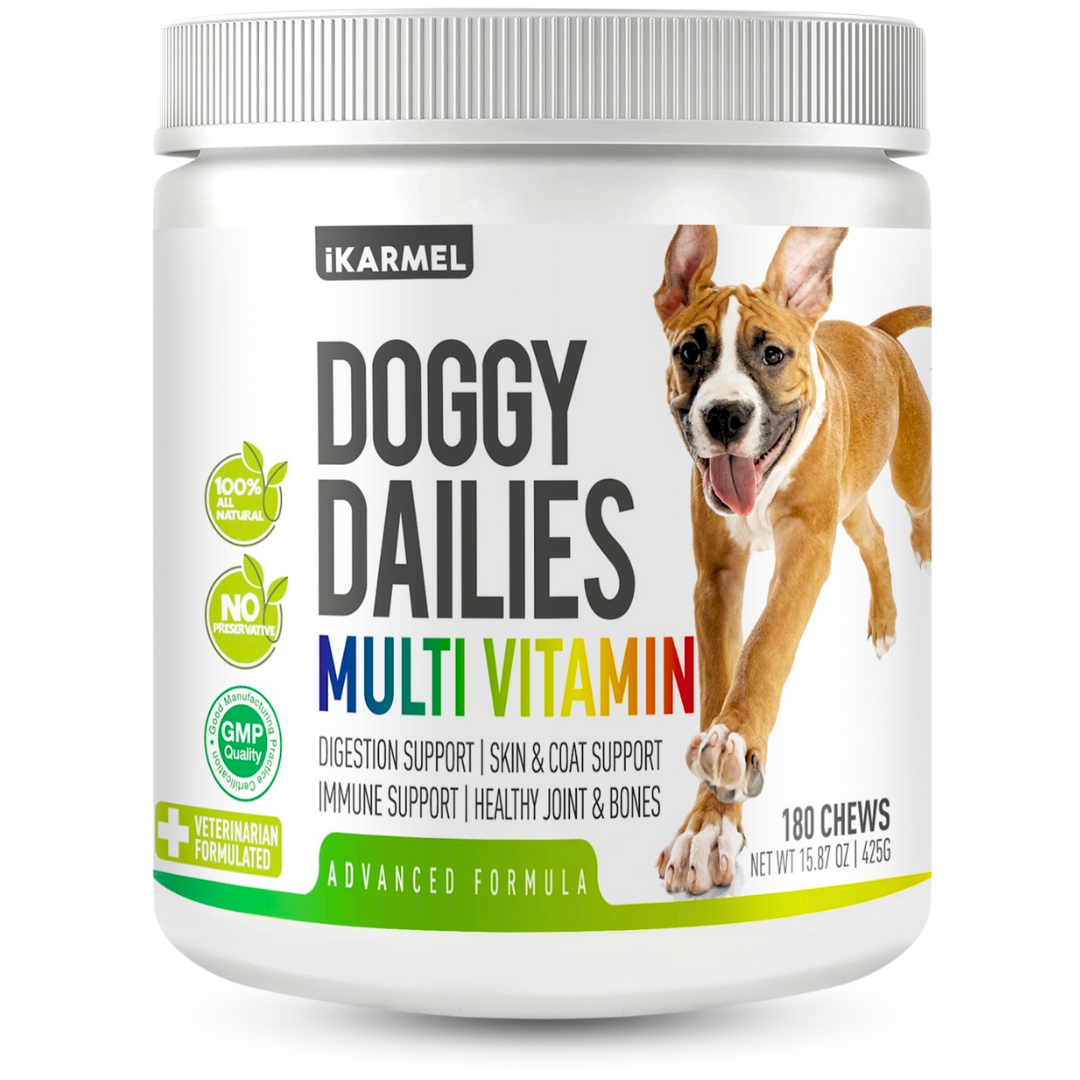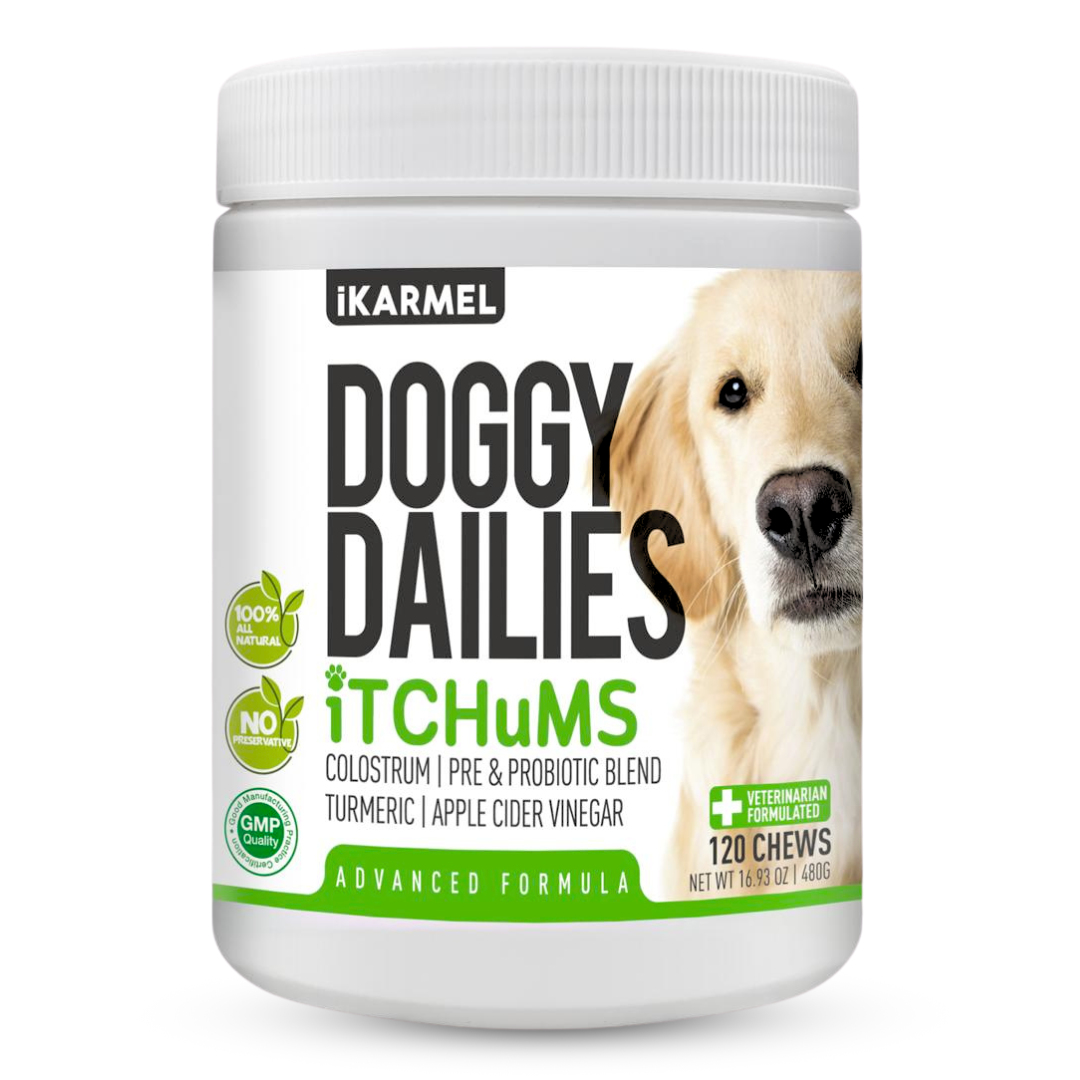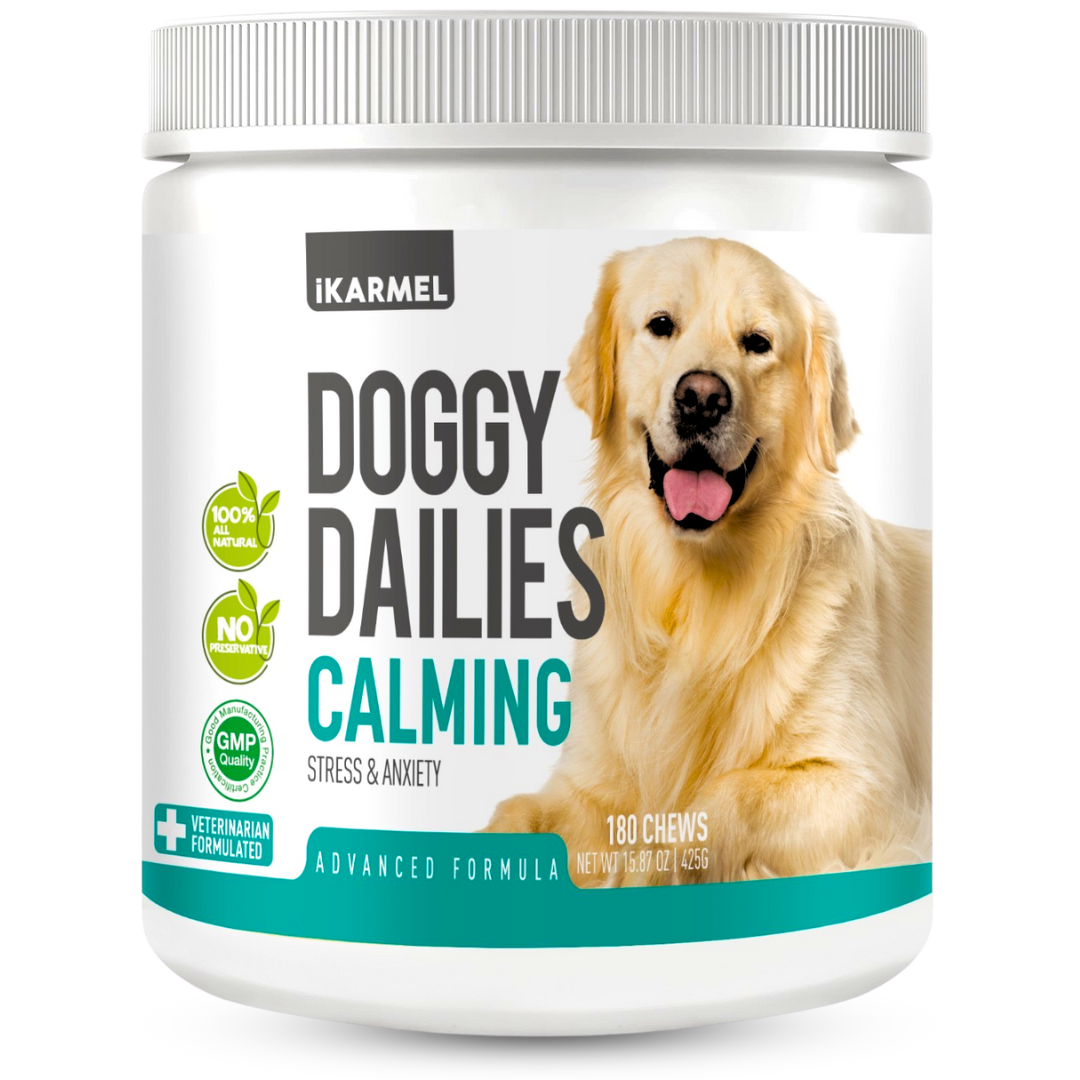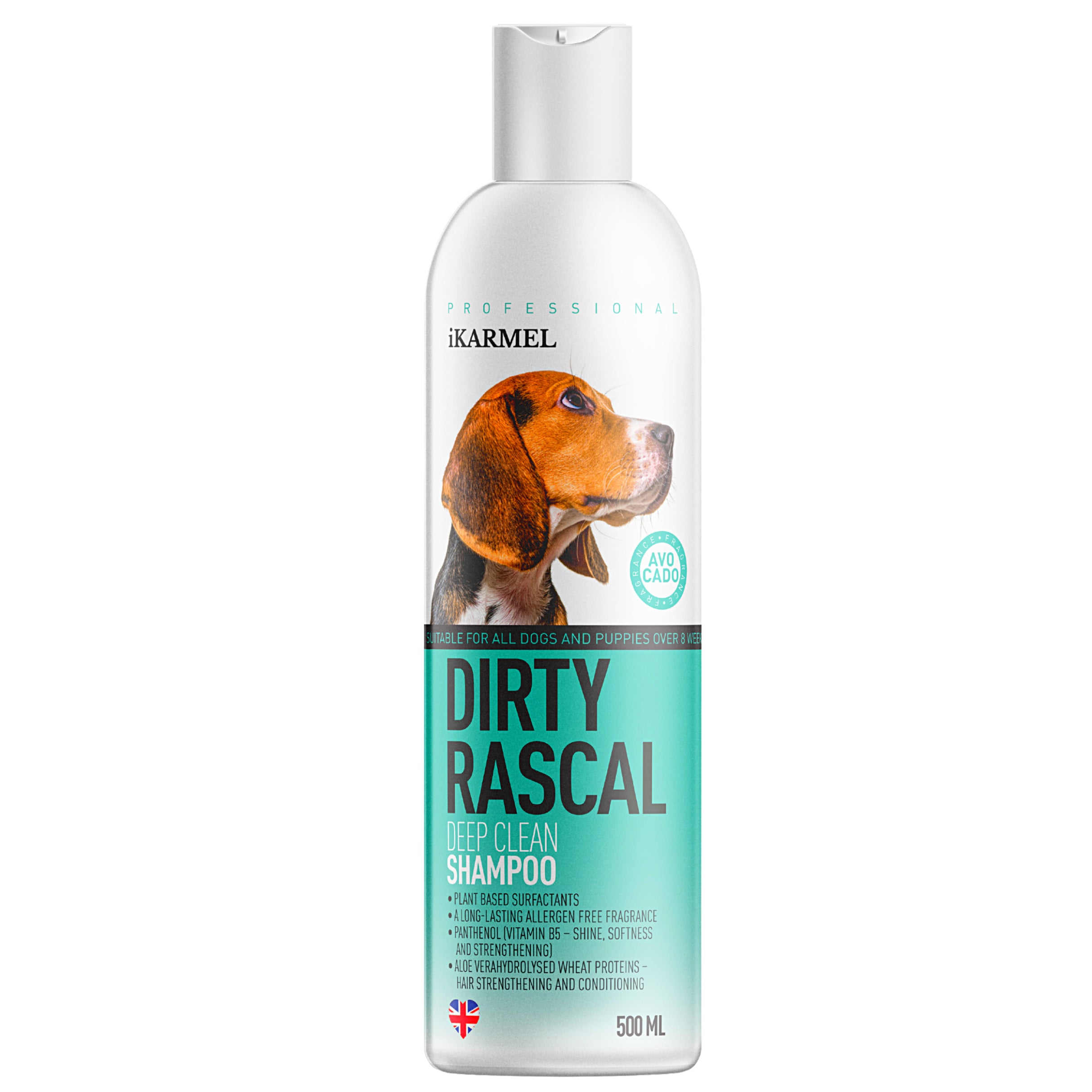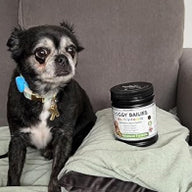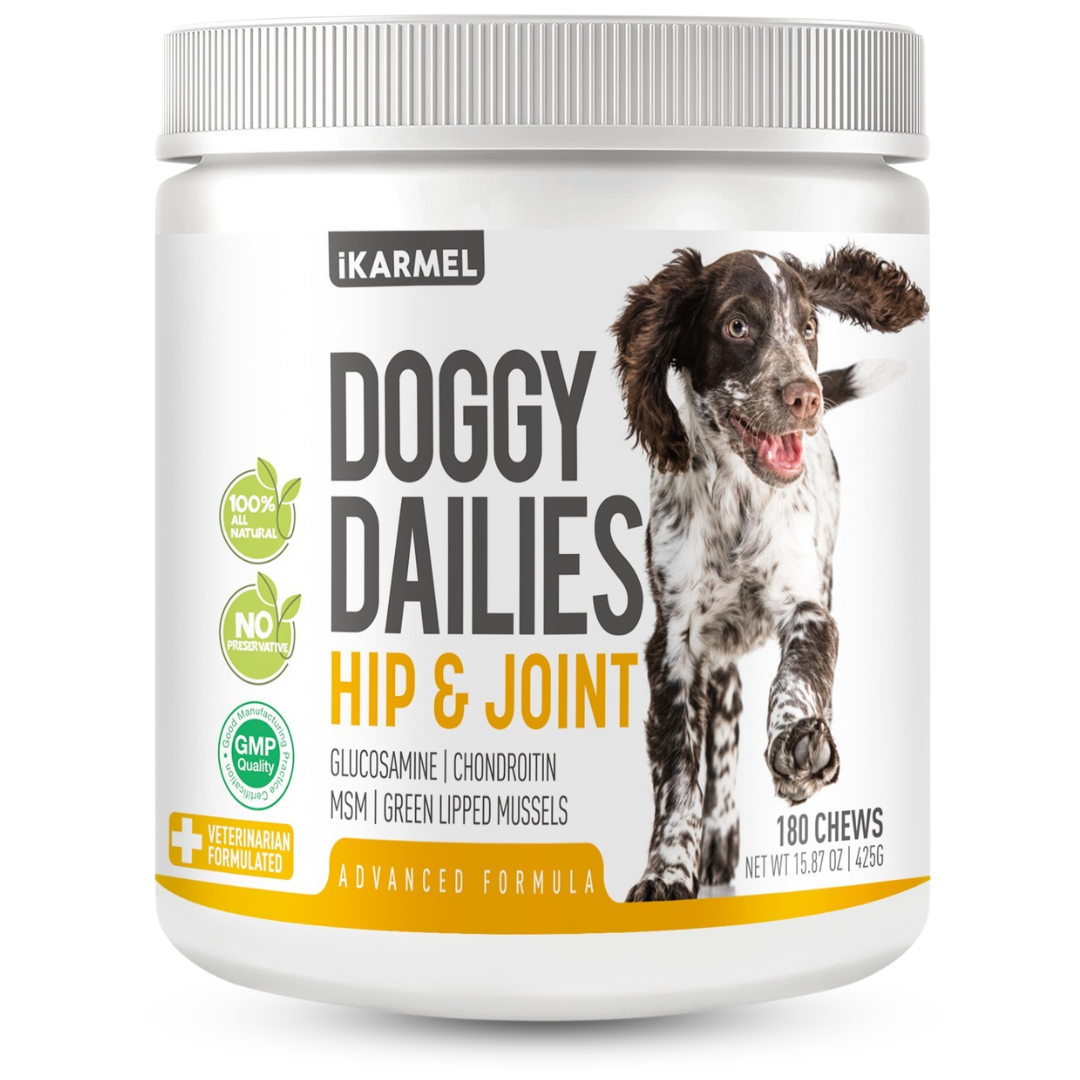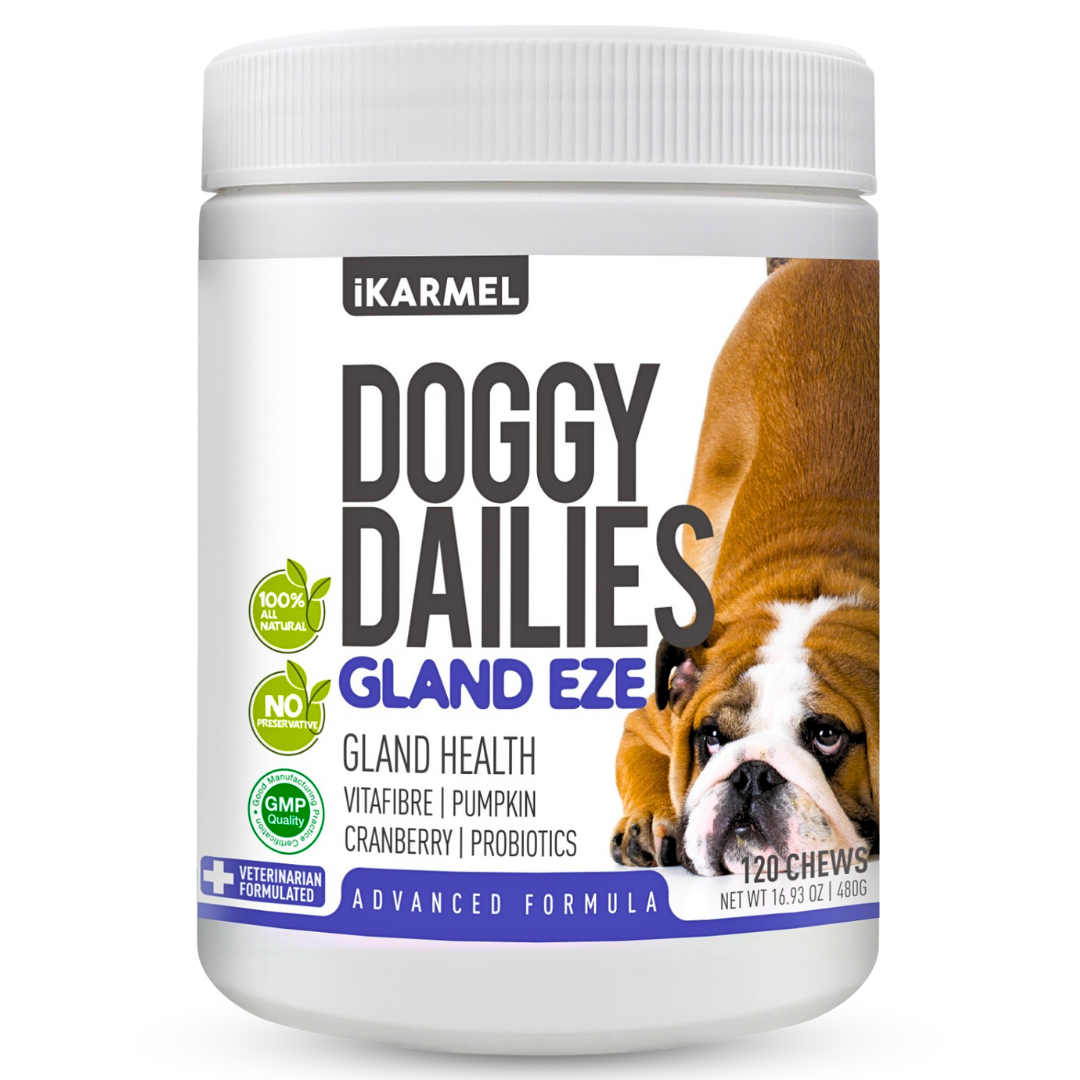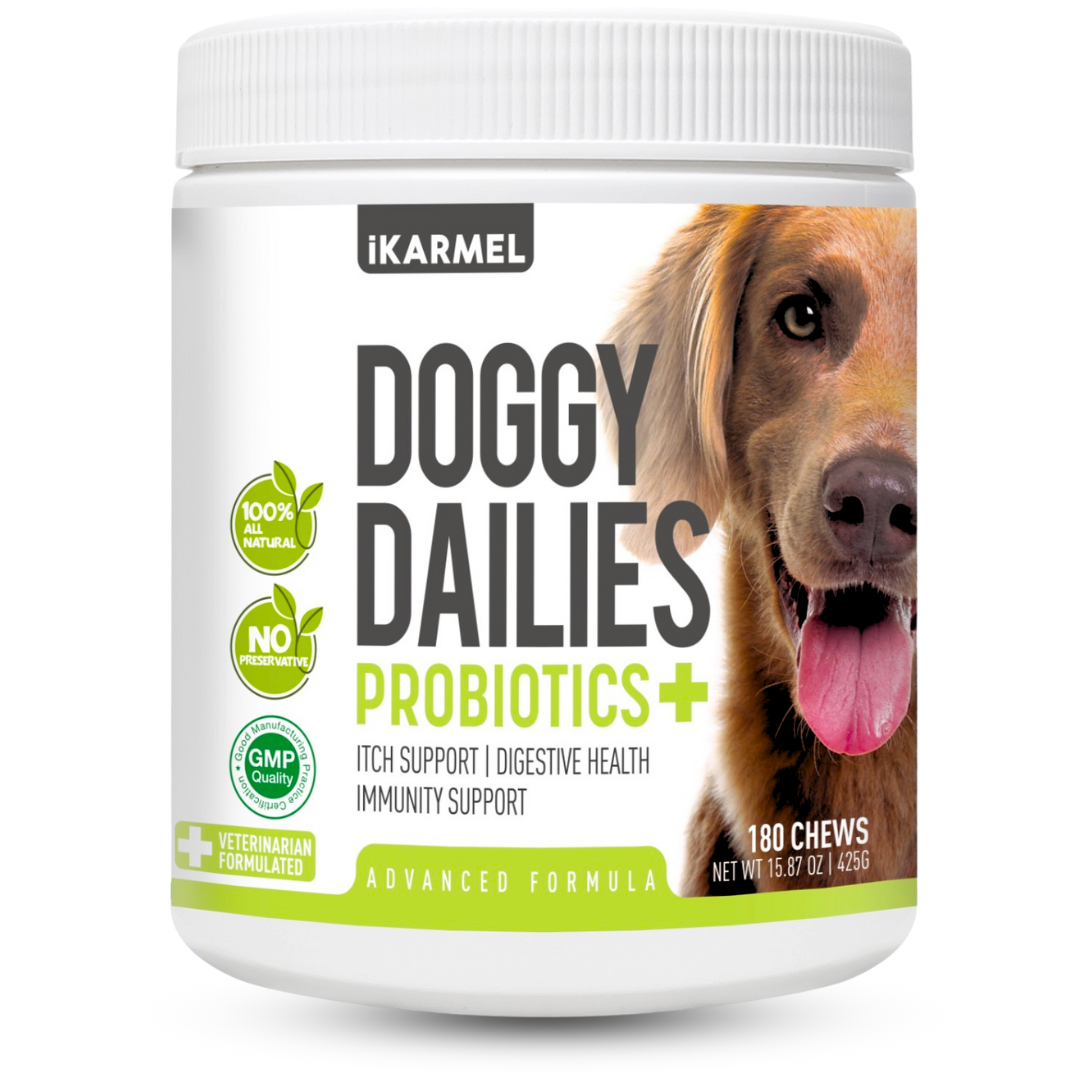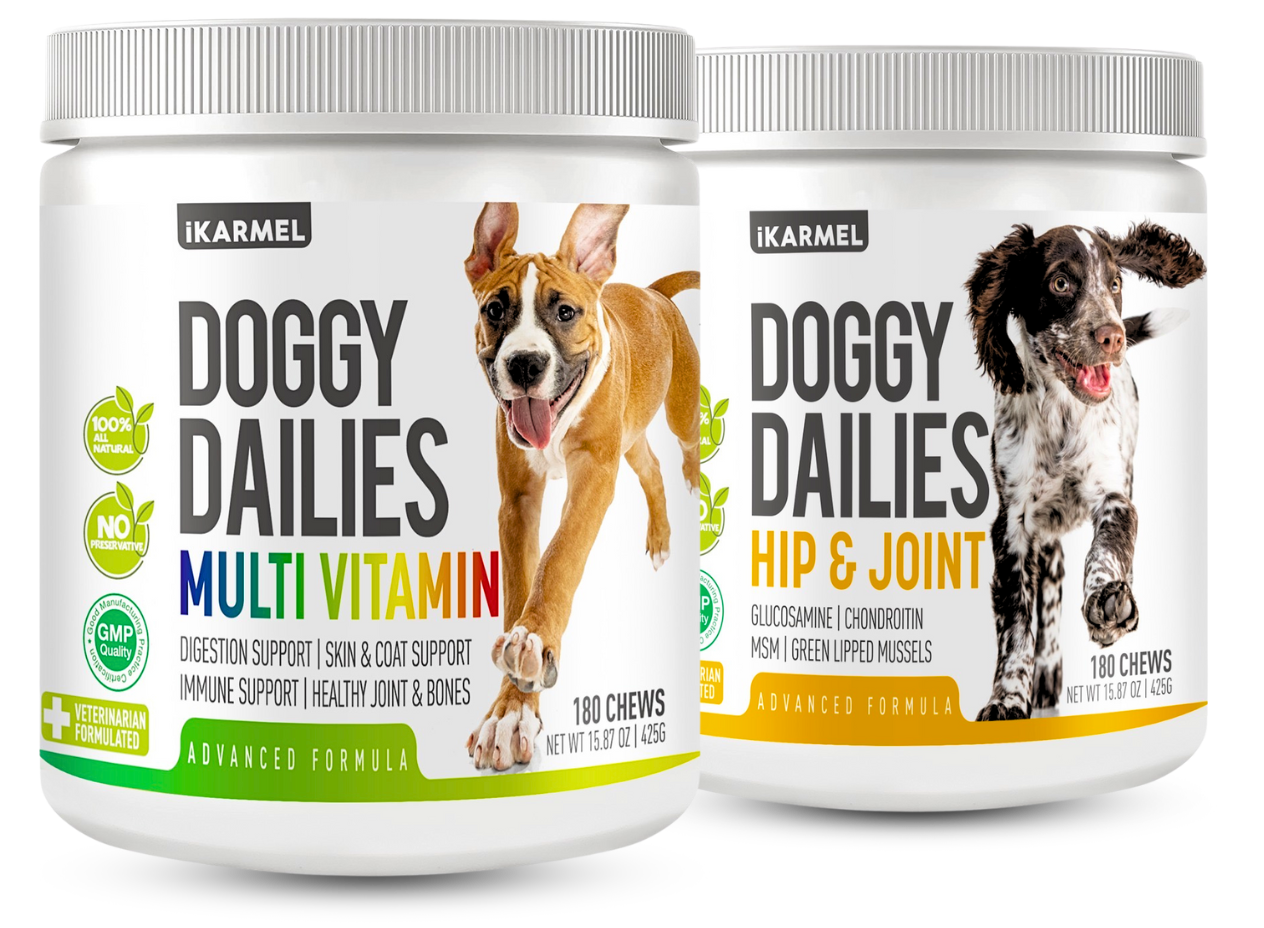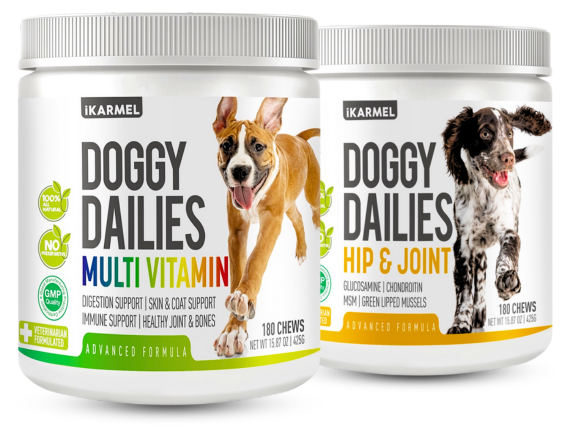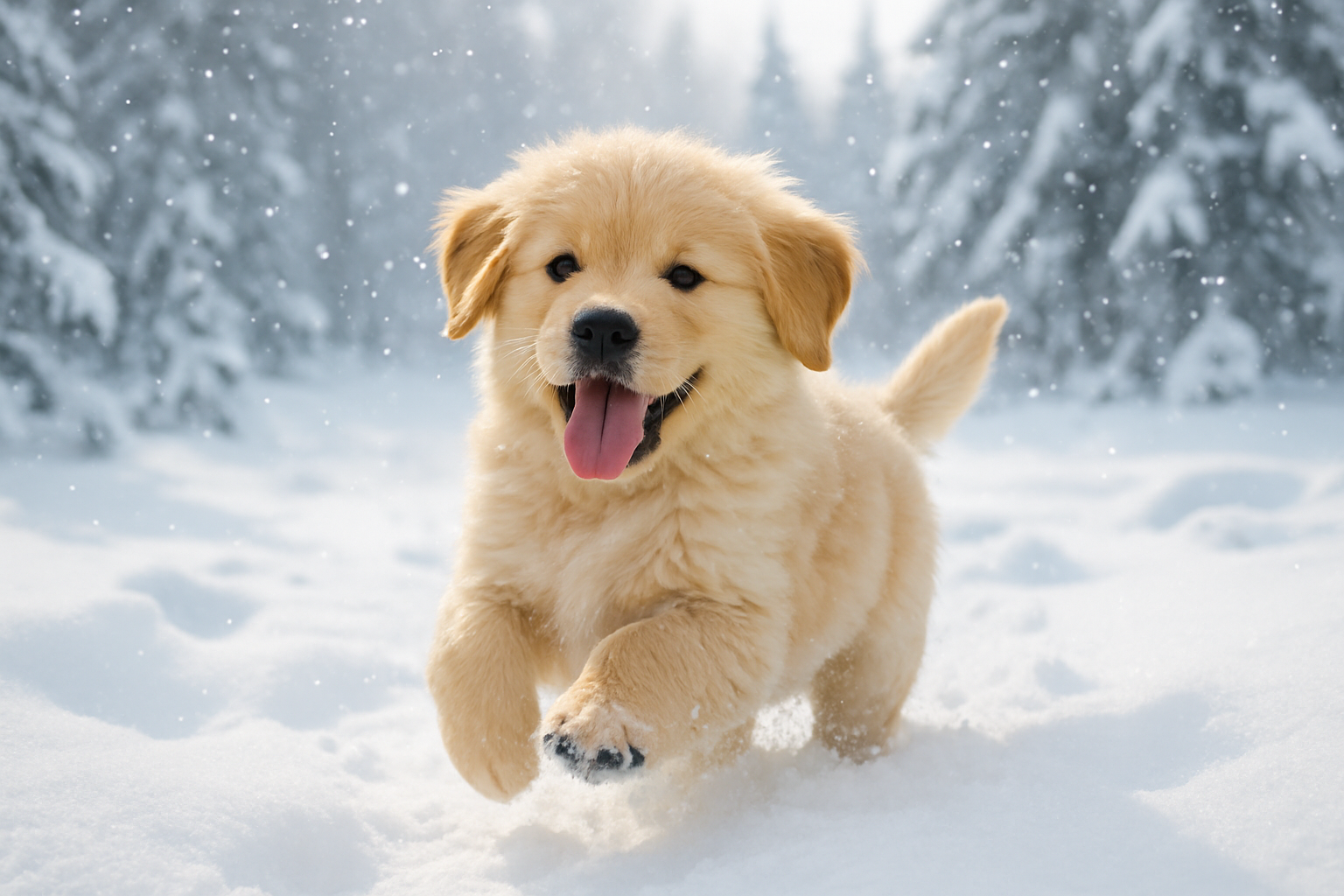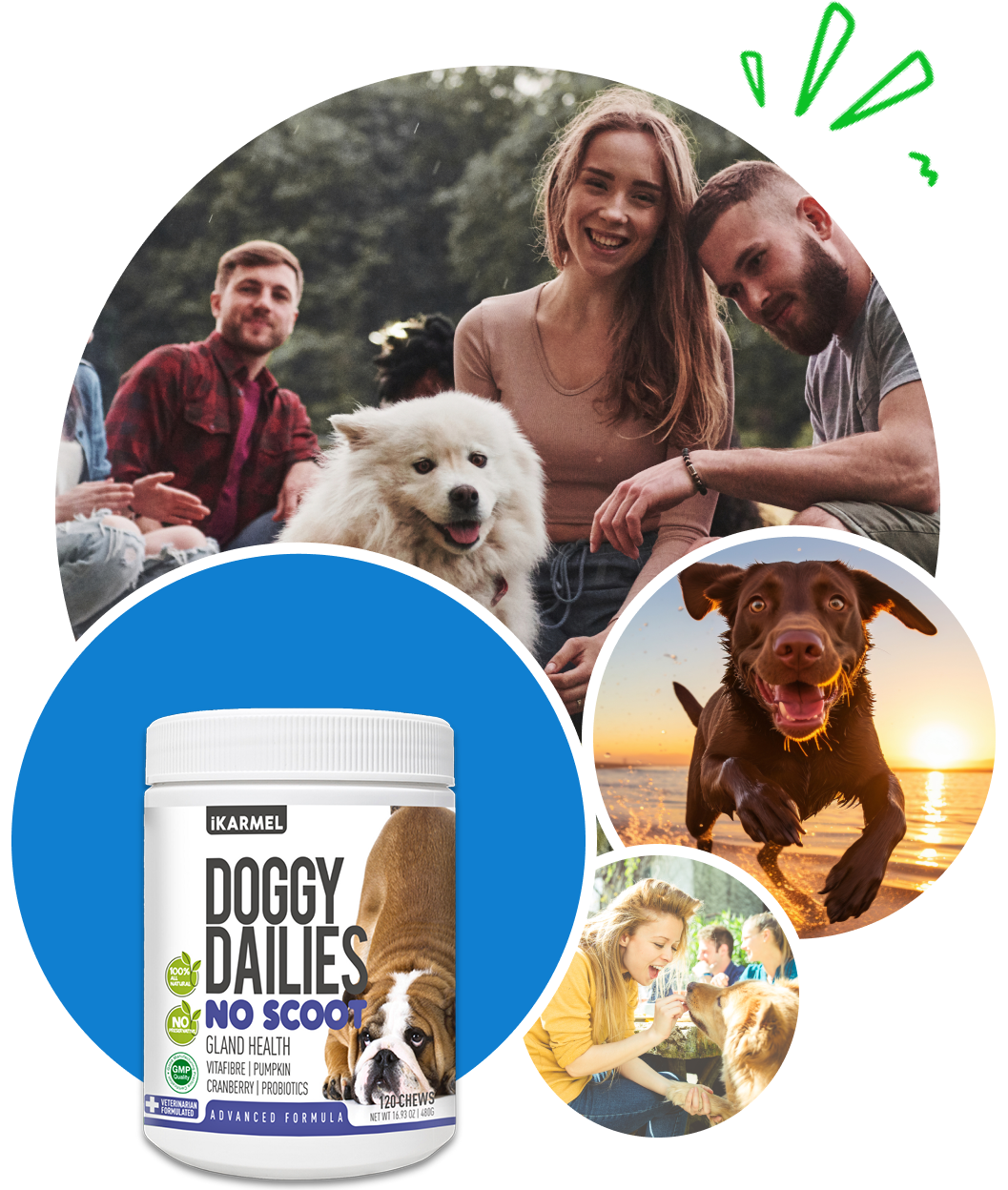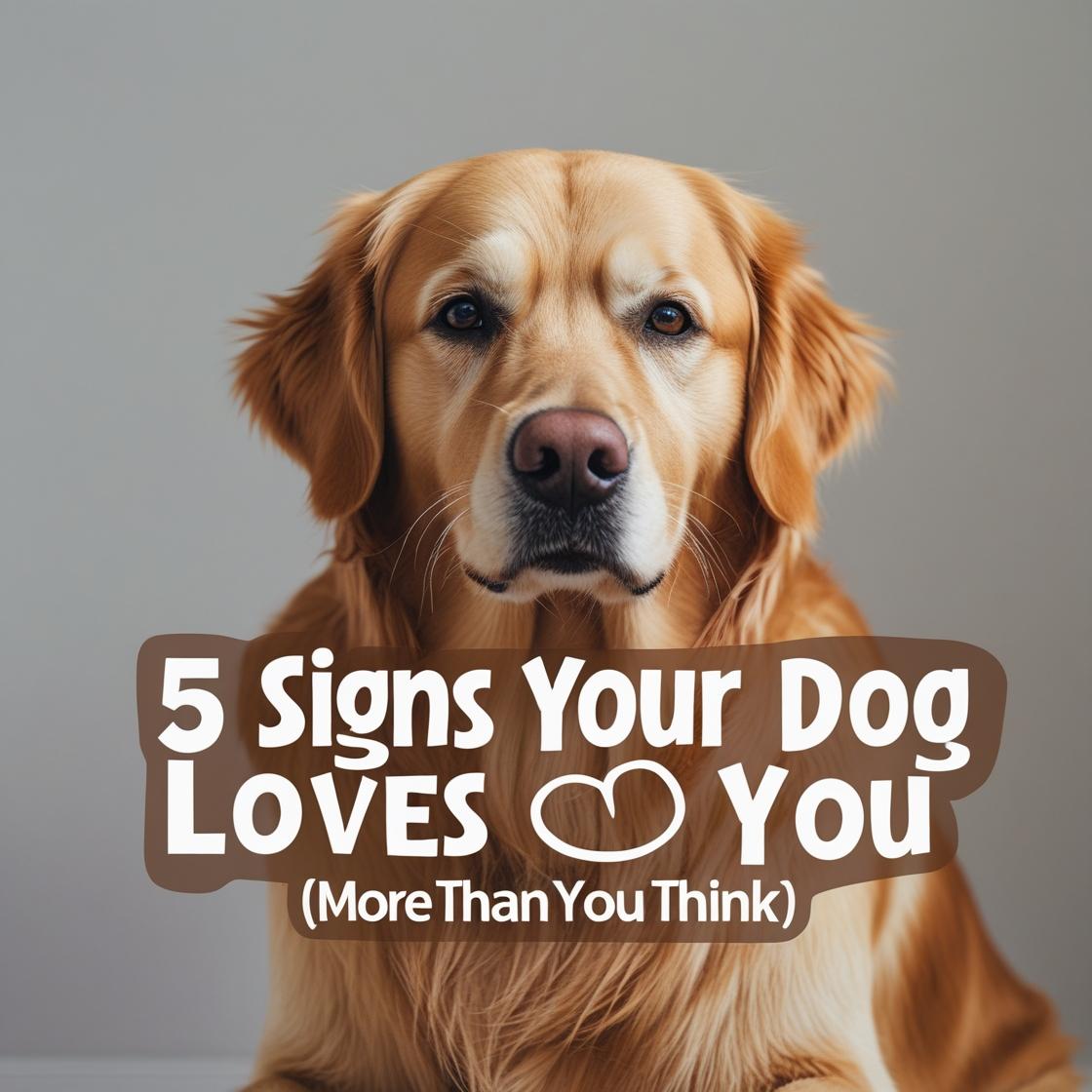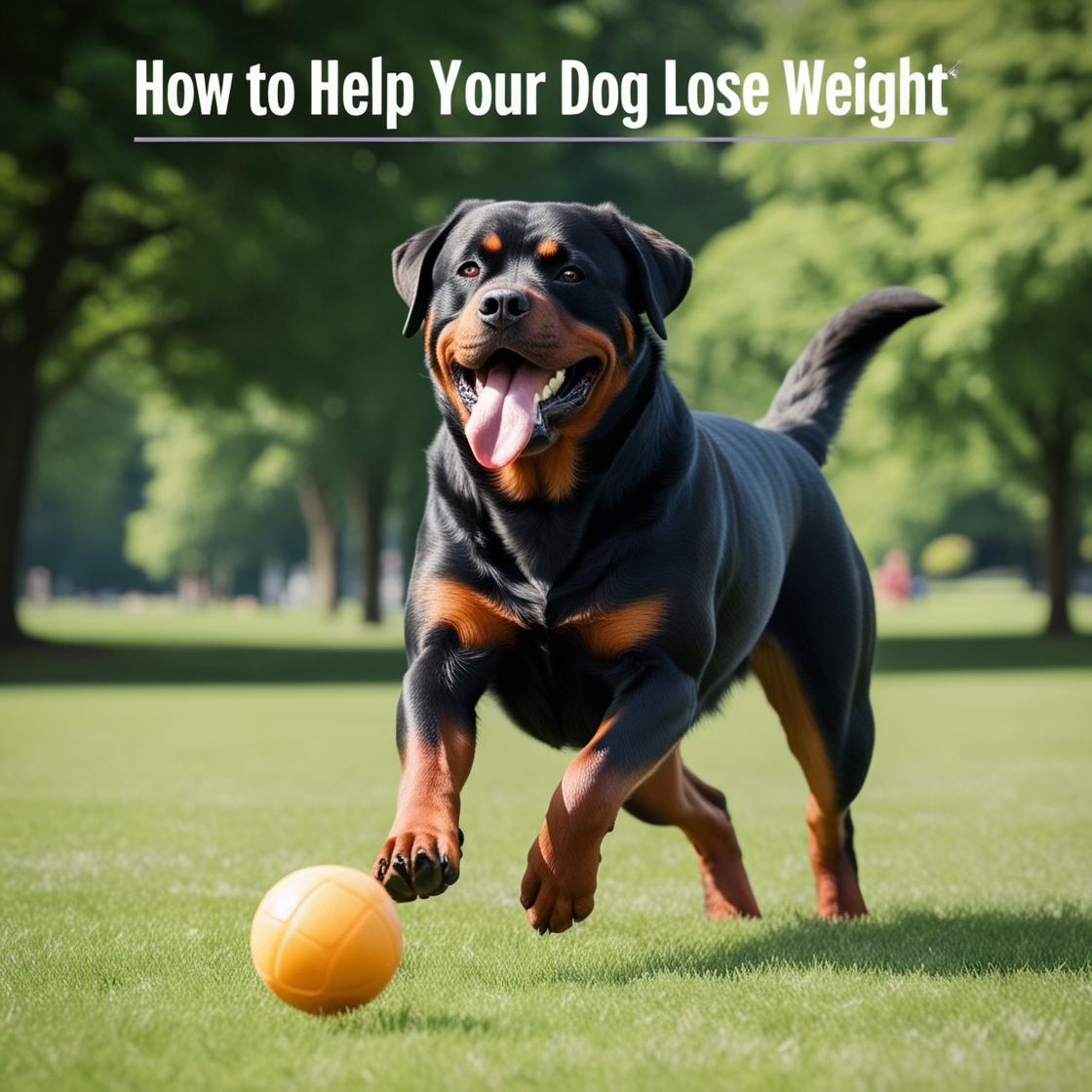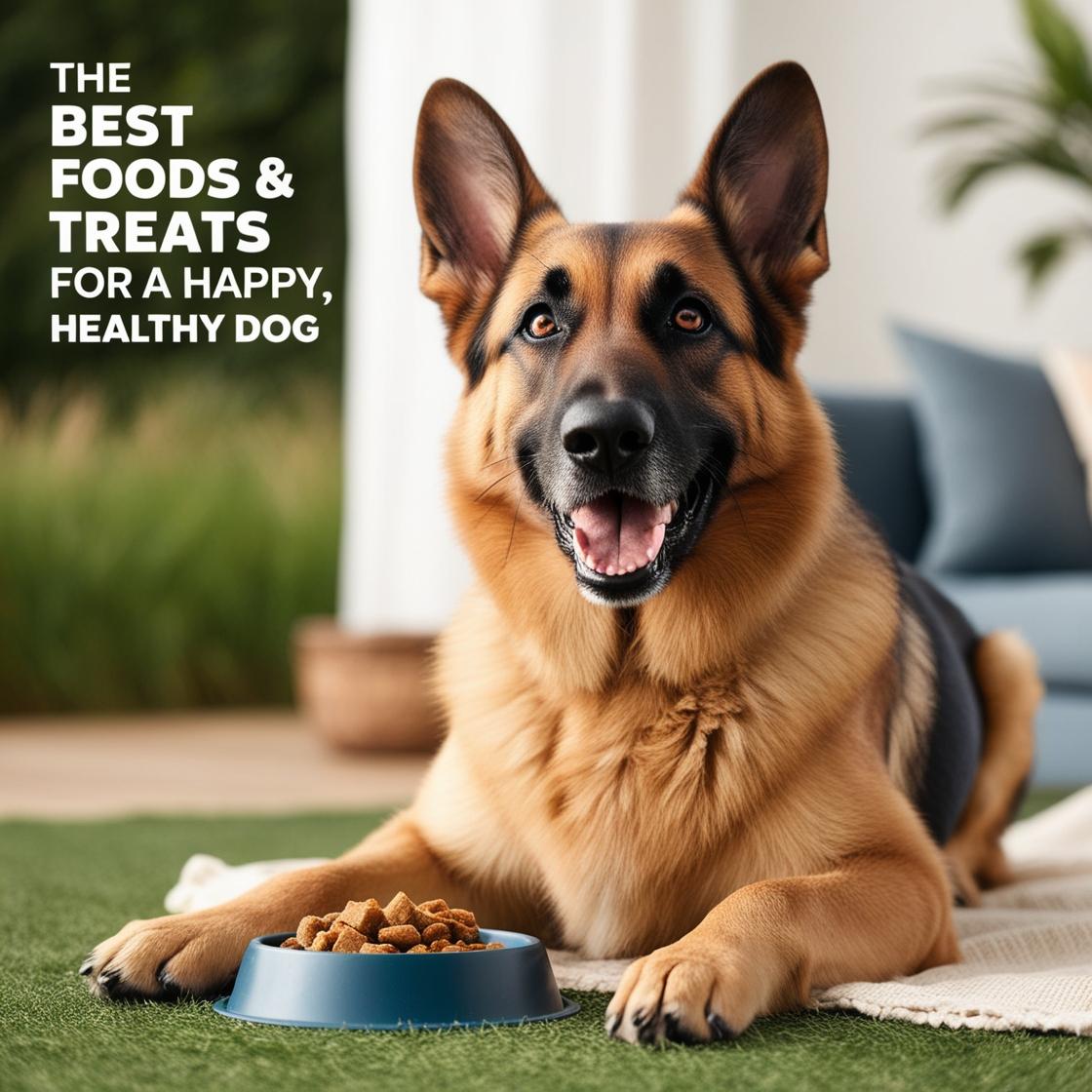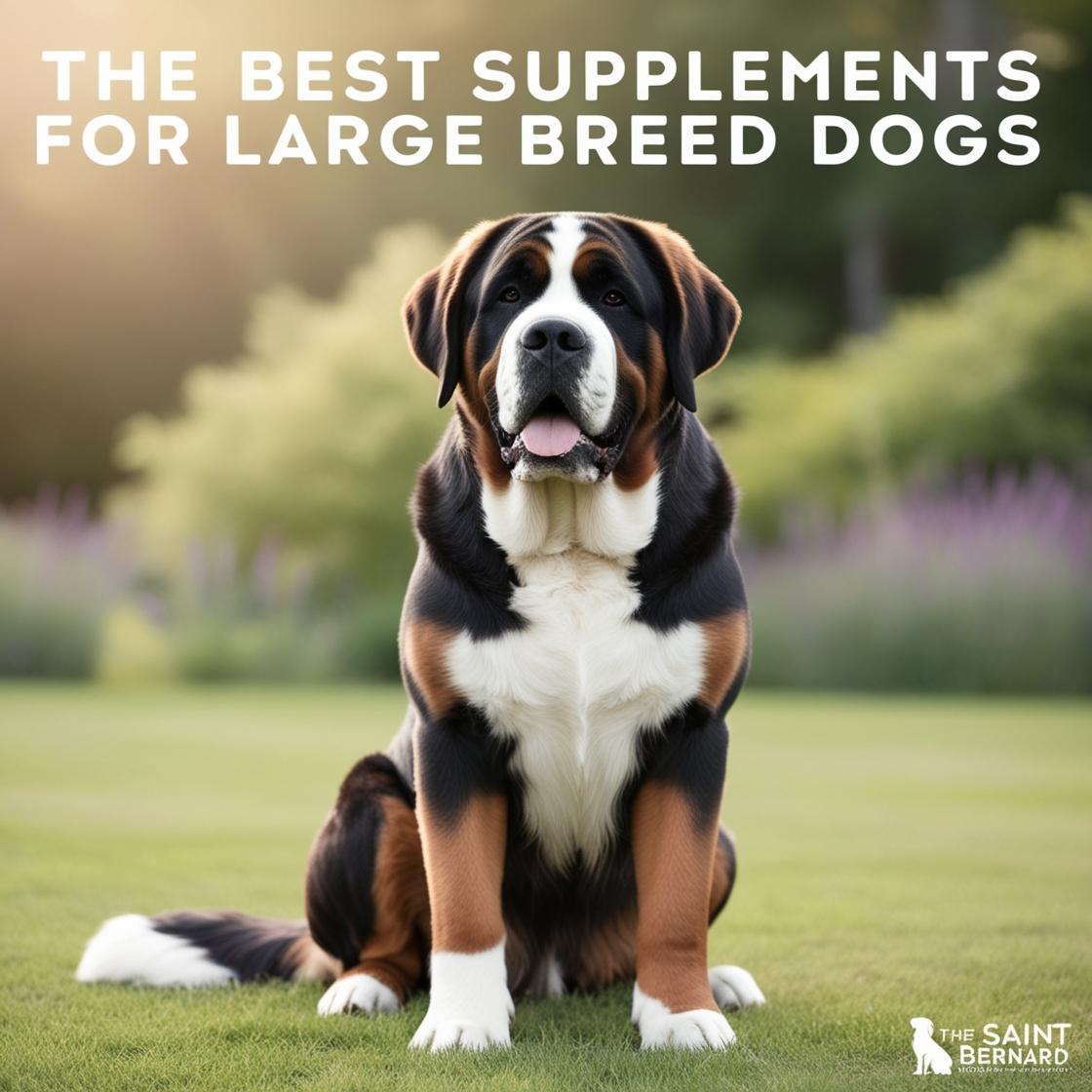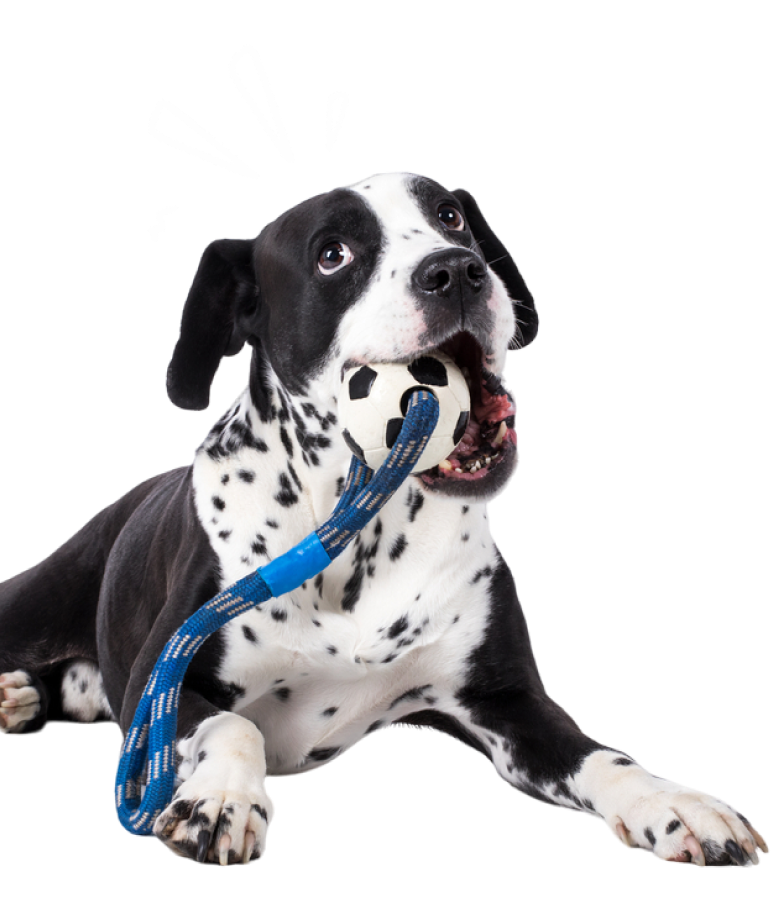How to Put Weight on a Dog Safely
Is your furry companion looking a little too lean? Ensuring your dog maintains a healthy weight is crucial for their overall well-being, energy, and happiness. Whether you’ve got an underweight pup due to natural skinniness, a medical condition, or high energy levels, helping them gain weight safely requires the right strategy, proper nutrition, and patience.
This comprehensive guide will show you how to put weight on a dog safely, the steps to follow, and the best practices to ensure your pet stays healthy and happy.
If you're looking for premium dog supplements and vitamins that support overall health, check out the expertly formulated products available at iKarmel.
Why Maintaining an Ideal Weight for Your Dog Matters
A dog’s weight plays a key role in its quality of life and overall longevity. Underweight dogs may struggle with the following issues:
- Reduced energy levels and fatigue
- Weakened immune system, leaving them susceptible to infections
- Reduced muscle mass and strength
- Poor coat quality and skin health
- Slower recovery from wounds or illnesses
Ensuring your dog gains weight in a safe and healthy manner will not only boost their physical condition but also improve their mood and energy levels.

Signs Your Dog May Be Underweight
Not sure if your dog is too skinny? Here are some common physical signs to look out for:
- Visible ribs, spine, and pelvis that are easy to see and feel
- A defined waistline and a noticeable abdominal tuck when viewed from the side
- Minimal body fat and reduced muscle mass
- Low energy levels or lethargy
If you suspect your dog is underweight, consult a veterinarian to rule out underlying medical conditions before modifying their diet or lifestyle.
Reasons Why Dogs Become Underweight
Dogs can lose weight for various reasons, including:
- Poor Nutrition: A diet lacking essential nutrients or one that doesn’t meet their caloric needs.
- High Energy Levels: Active or working dogs often burn more calories than they consume.
- Medical Conditions: Digestive issues, parasites, or chronic illnesses may impair nutrient absorption.
- Stress and Anxiety: Emotional stress can suppress a dog’s appetite.
- Age: Senior dogs often lose weight as their muscle mass decreases.
- Dental Problems: Difficulty chewing or swallowing food can impact their eating habits.

How to Put Weight on a Dog Safely
Helping your dog gain weight requires a careful plan to ensure that the added weight comes from muscle and fat, not unhealthy sources. Follow these six steps to get started.
1. Consult Your Veterinarian
Before making any changes, schedule a check-up with your vet. They can identify if there are underlying health issues causing the weight loss and recommend appropriate interventions.
2. Choose a High-Calorie Diet
Opt for a nutrient-rich, calorie-dense dog food designed for weight gain. Look for options that include quality proteins and healthy fats.
- What to Look For in Dog Food:
-
- Real meat as the first ingredient (chicken, beef, fish, etc.)
- Added fats like fish oil or chicken fat
- Digestible carbohydrates like sweet potatoes or brown rice
- Vitamins and minerals for added health support
Consider supplementing your dog’s diet with specially formulated chews and vitamins, such as the ones available at iKarmel, to boost their nutritional intake.
3. Feed Smaller, Frequent Meals
If your dog has a small appetite, divide their daily portion into multiple small meals (3–4 times a day). This makes it easier for them to consume more calories without feeling overwhelmed.
4. Add Healthy Toppers to Their Meals
Mix calorie-dense and nutrient-packed toppers into your dog’s meals for extra flavour and nutrition. Some great options include:
- Cooked chicken or turkey (without seasoning)
- Plain scrambled eggs
- Canned fish such as tuna or salmon (in water)
- Peanut butter (unsweetened, without xylitol)
5. Incorporate Supplements for Weight Gain
Natural supplements can support your dog’s weight gain goals and overall health. For example, iKarmel Probiotics + Itch Support Chews are both tasty and packed with essential nutrients to enhance digestion and improve the absorption of food.
6. Encourage Gentle Exercise
While your dog is gaining weight, light activities can help them regain muscle mass. Consider short walks or low-impact games like tug-of-war to rebuild their strength without burning excessive calories.

Foods and Treats to Avoid
When helping your dog gain weight, steer clear of unhealthy snacks or people foods that may do more harm than good. Avoid the following:
- Sugary treats or desserts
- Fried foods
- Foods high in salt
- Bones that can splinter and pose choking hazards
Maintaining Your Dog’s Healthy Weight
Once your dog reaches their ideal weight, it’s vital to maintain it. Regular check-ups, portion control, and a balanced, nutrient-rich diet will prevent underweight issues from recurring.
FAQs on Helping Dogs Gain Weight
1. What is the best food for underweight dogs?
A high-quality, calorie-dense food with real meat, healthy fats, and digestible carbohydrates is ideal. Raw food diets are also an excellent option for weight gain.
2. How long does it take for a dog to gain weight?
With the right diet and care, your dog should start gaining weight within a few weeks. However, it may take 1–2 months for them to reach their ideal weight.
3. Is it okay to give high-fat foods to my dog?
Healthy fats like fish oil or chicken fat are beneficial, but avoid unhealthy fats from fried or processed foods.
4. Can supplements help my dog gain weight?
Yes! Supplements like multivitamins or probiotics can ensure your dog gets essential nutrients while promoting digestive health and better nutrient absorption. Check out iKarmel’s range of supplements designed for canine health.
5. Why is my dog skinny even though they eat a lot?
This could indicate a medical issue such as parasites, digestive problems, or a thyroid condition. Consult your vet for a thorough evaluation.

Shop iKarmel Doggy Dailies for a Healthy Dog
Helping your dog gain weight safely is a gradual process that requires the right approach and a tailored plan. A combination of high-quality food, supplements, and proper care will ensure your furry friend reaches a healthy weight and feels their best.
For premium vitamins, probiotics, and supplements to support your dog’s weight gain goals and overall health, visit iKarmel. Your dog deserves the very best!
